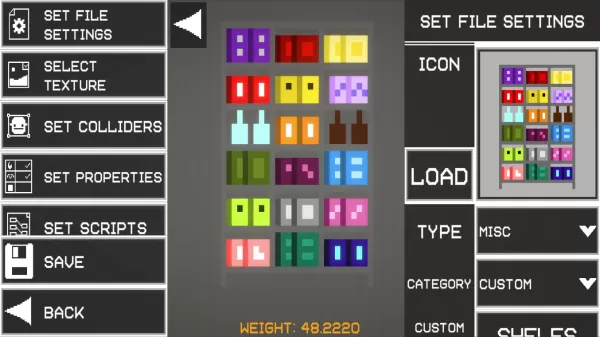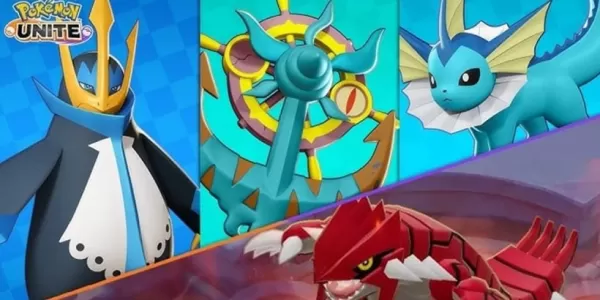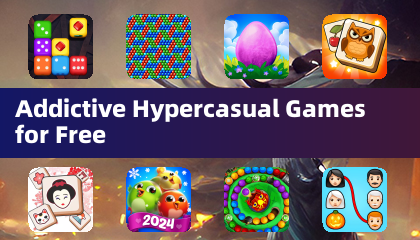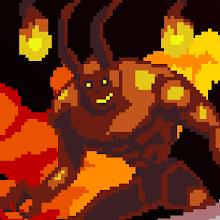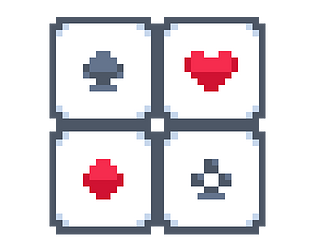The second season of the *Solo Leveling* anime is here! This adaptation of the popular South Korean manhwa, brought to life by A-1 Pictures, plunges viewers into a world where portals spew forth monstrous creatures, and only a select few—hunters—possess the power to combat them. The hunters are ranked, from the lowly E-rank to the elite S-rank, mirroring the escalating danger of the dungeons they face.
Table of Contents
- What is the anime about?
- Why has the anime become so popular?
- The second reason for its popularity is Jin-woo himself
- Finally, the marketing played a big role
- Why does the anime receive criticism?
- Is it worth watching?
What is the anime about?
Earth is under siege. Gates to other dimensions have opened, unleashing hordes of monsters impervious to conventional weaponry. Only hunters, individuals with unique abilities, can stand against this threat. Sung Jin-woo, a low-ranking E-rank hunter, initially struggles to even clear basic dungeons. A near-fatal encounter, however, changes everything. His sacrifice unlocks an unprecedented power, transforming him into the world's only hunter capable of leveling up, his life now mirroring a game-like interface with quests and leveling menus. His journey to become stronger, though initially slow, is relentless.
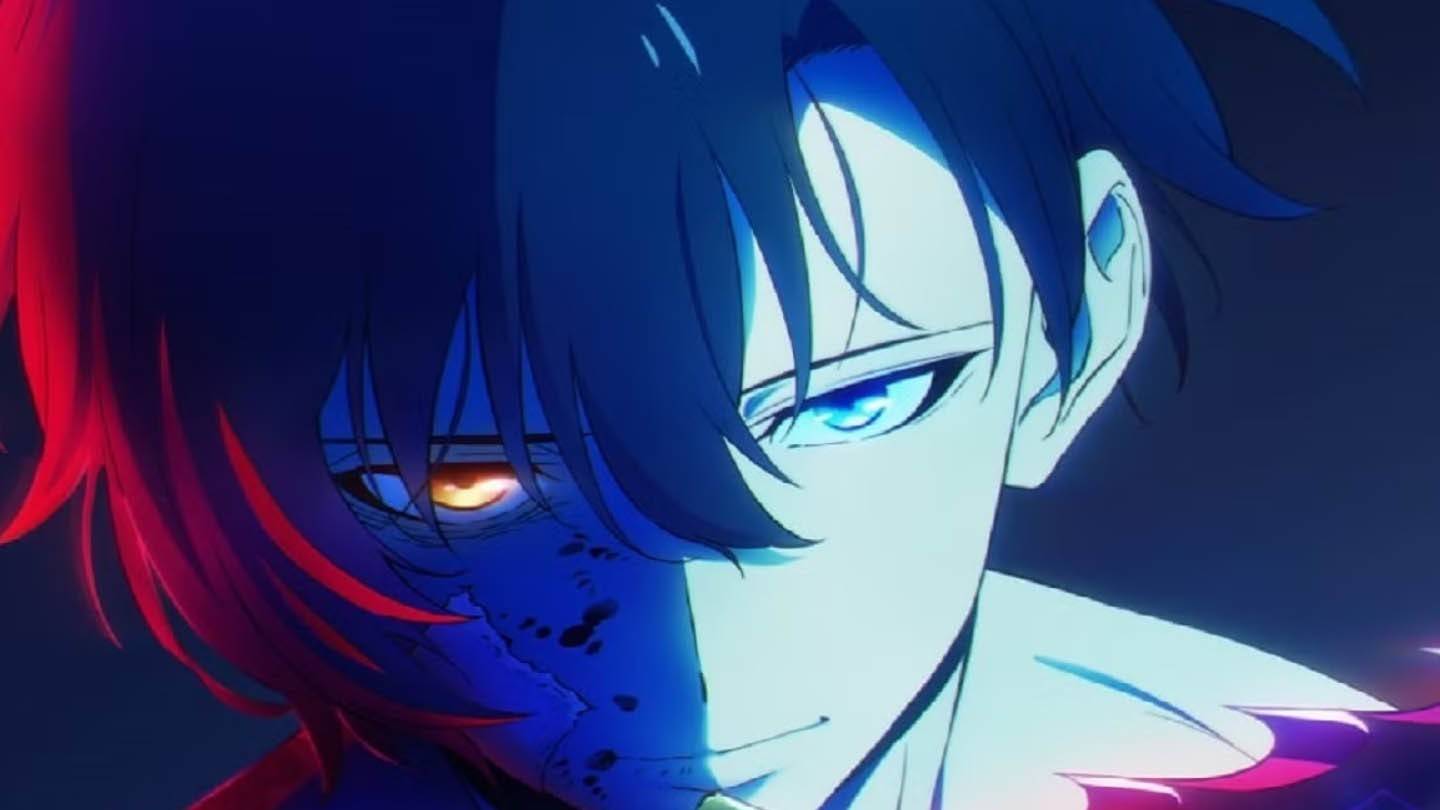
Why has the anime become so popular?
The anime's success boils down to several key factors. First, its faithful adaptation of the beloved manhwa. A-1 Pictures, renowned for their work on titles like *Kaguya-sama: Love is War* and *Sword Art Online*, expertly translated the source material's action and atmosphere onto the screen. The result is a consistently engaging, action-packed narrative, easily accessible to viewers of all ages, with the complex world-building cleverly woven into the main storyline. The studio's masterful use of light and shadow further enhances the immersive experience, creating both tense and carefree atmospheres as needed.
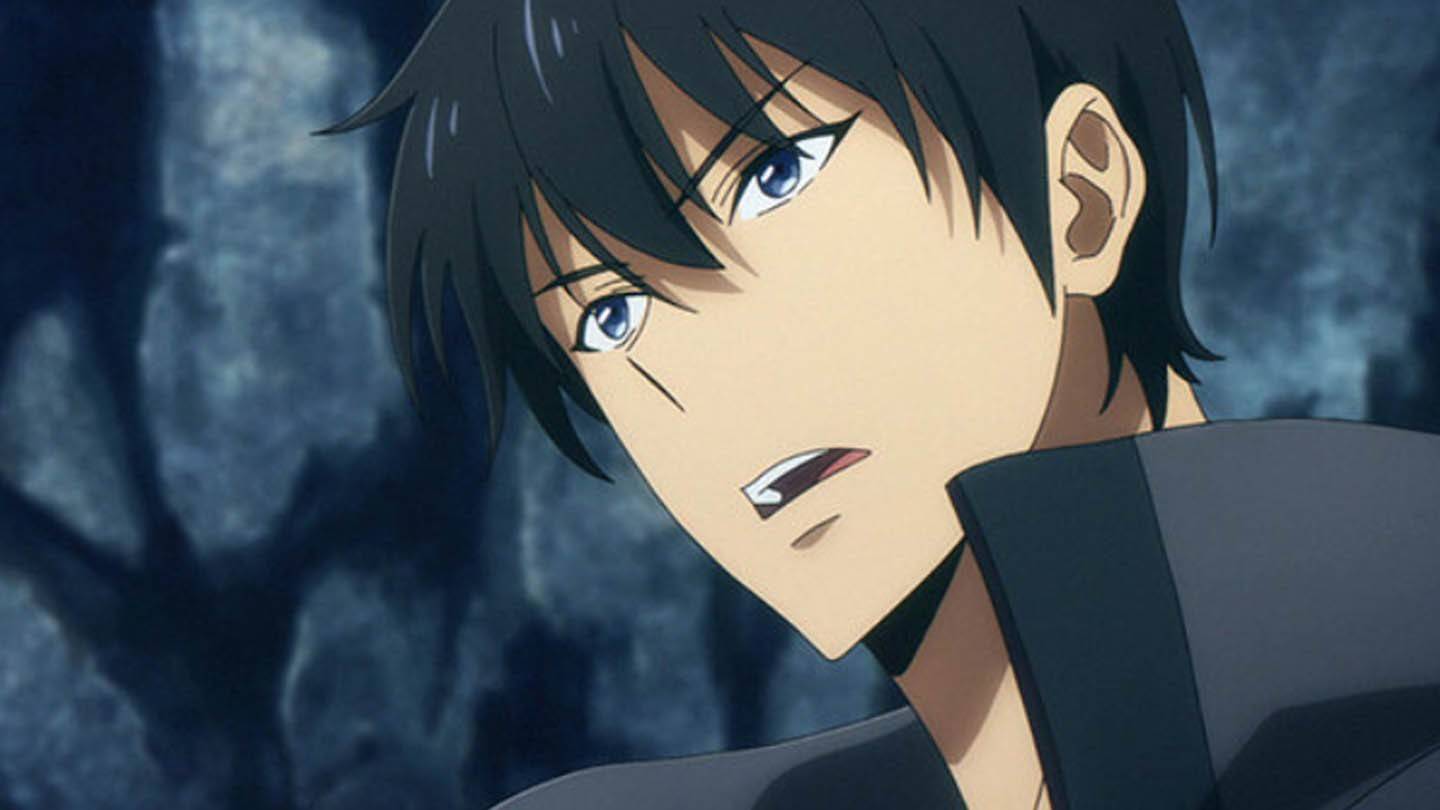
The second reason for its popularity is Jin-woo himself
Jin-woo's journey from "The Weakest Hunter" to a formidable powerhouse is compelling. His initial selflessness, sacrificing himself to save his team despite his financial responsibilities, sets the stage for his transformation. He's not a flawless hero; he makes mistakes, learning from them and demonstrating a relatable dedication to improvement. His hard-earned power, achieved through rigorous training and perseverance, resonates with viewers who appreciate a character who earns their abilities rather than being born with them. Even his punishment for skipping training—a grueling four-hour desert run—adds to his realistic portrayal.
Finally, the marketing played a big role
The memorable "God" statue, with its distinctive grin, became a viral sensation, sparking curiosity among those unfamiliar with the manhwa and driving viewership.
Why does the anime receive criticism?
Despite its popularity, *Solo Leveling* isn't without its detractors. Some criticize the clichéd plot elements and the sometimes jarring shifts between intense action and calmer moments. The protagonist's rapid rise to power and the comparatively underdeveloped supporting characters are also frequent points of contention. Some viewers find Jin-woo's overpowered nature and rapid evolution to be unrealistic or even a case of an author-insert character. The pacing, while effective in the manhwa, is sometimes criticized for feeling too abrupt in the anime adaptation.
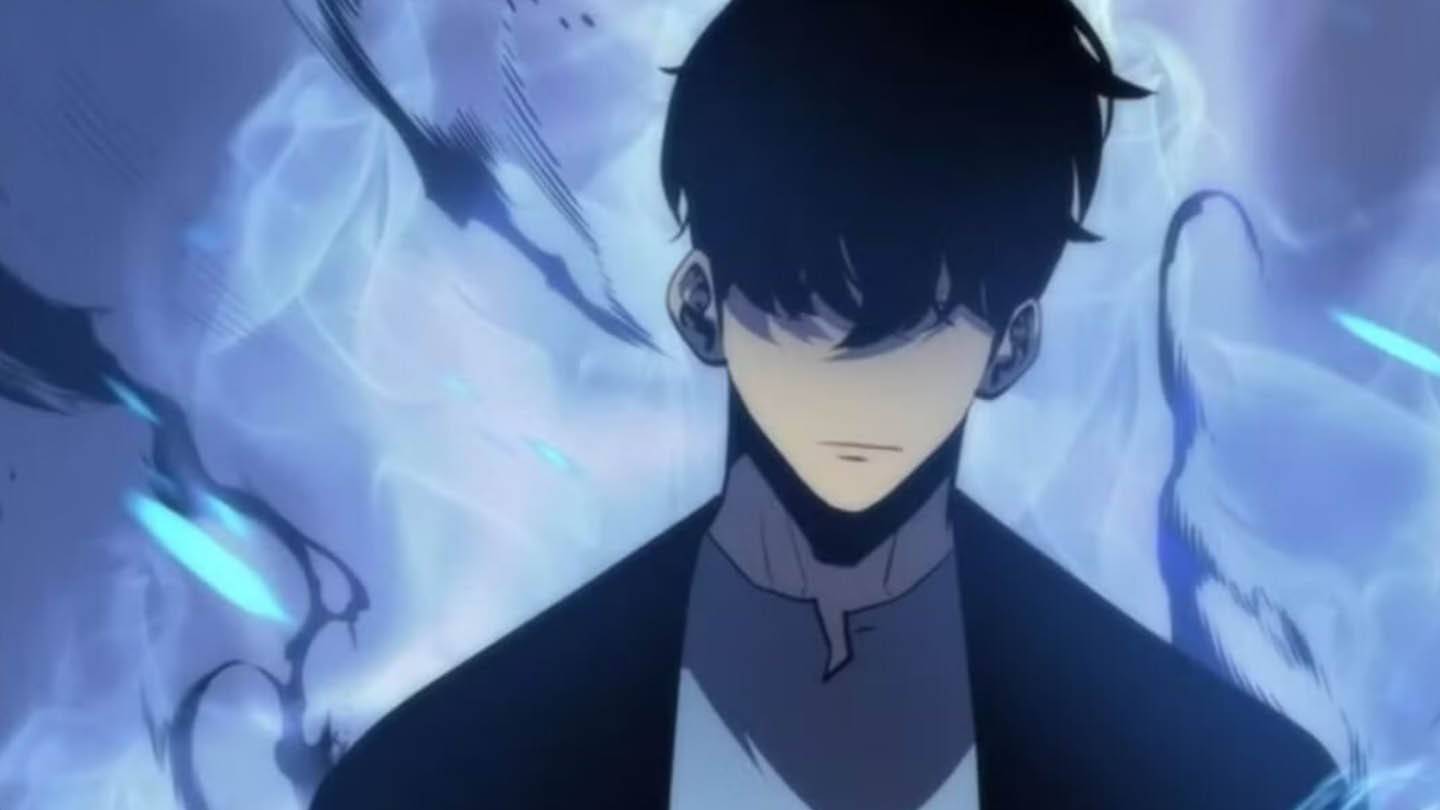
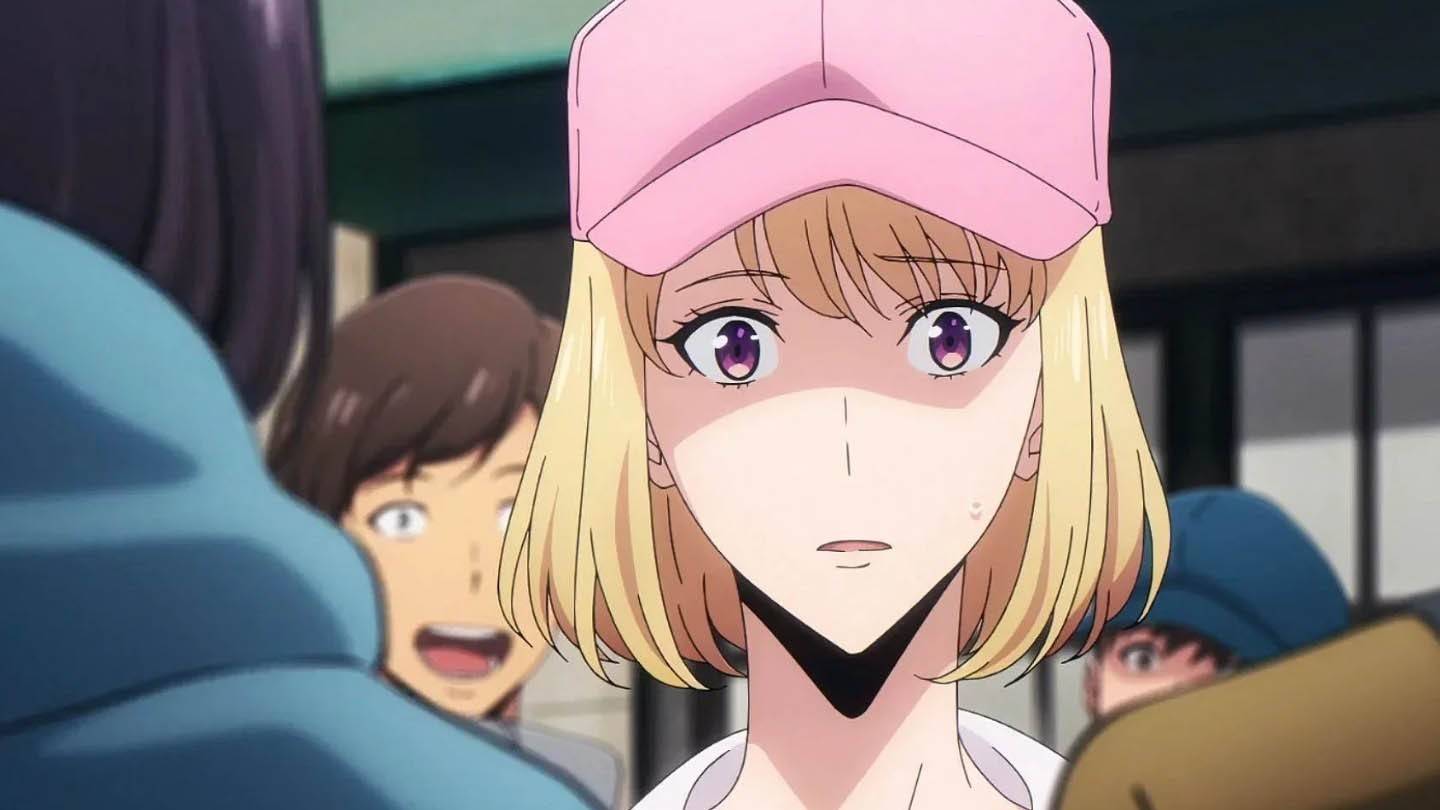
Is it worth watching?
Absolutely, if you crave non-stop action with a focus on the protagonist's journey. However, if you prioritize complex character development beyond the main character or find the initial episodes uninteresting, it might not be for you. The second season, and the associated open-world gacha game, might also not hold your interest if the first couple of episodes don't grab you.





 LATEST ARTICLES
LATEST ARTICLES 

